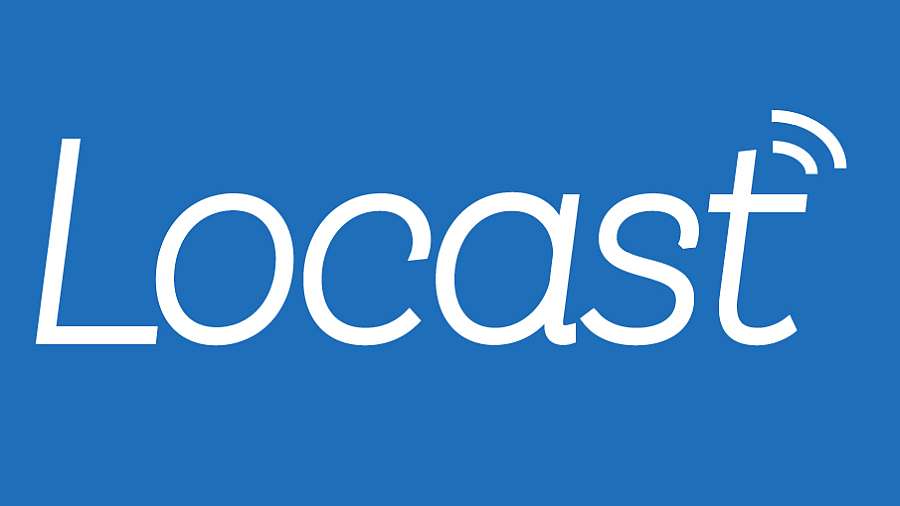Locast Suspends Contribution Request Interruptions
Responds to court decision on copyright carve-out

The smarter way to stay on top of broadcasting and cable industry. Sign up below
You are now subscribed
Your newsletter sign-up was successful
Locast, the local TV station streaming services, said late Wednesday that it was suspending its interruption its programming, which it does to ask those who have not contributed to the service to do so.
Locast has argued since its inception that it is eligible for a nonprofit exemption from copyright laws, but the U.S. District Court for the Southern District of New York this week agreed with the broadcast nets, who challenged that nonprofit status.
Locast does not charge for streaming the signals, for which it does pay stations a retransmission fee for, but it does ask for donations, including interrupting programming periodically to ask for money.
No longer. While it says it still would like a donation, both from those who have been donating and from everyone else, it will not longer interrupt the streams.
"The court concluded that by interrupting programming to ask users for donations, and by suspending those interruptions based on whether a user makes contributions, Locast actually was charging a fee, not merely seeking a voluntary contribution," Locast said in an e-mailed notification. "The court then concluded that revenues Locast collects in this manner exceed the cost of operating the service because funds are used to add new markets, rendering Locast ineligible to use the copyright exemption for non-profits. Locast is suspending immediately all programming interruptions to request donations."
It is unclear whether that will satisfy the court.
Broadcasters were celebrating the court victory as the end of a signal stealing regime.
“Locast has for too long evaded U.S. copyright laws, stealing broadcasters’ content under the guise of a not-for-profit entity," said National Association of Broadcasters spokesperson Ann Marie Cumming. "NAB is hopeful this illegal activity will end soon, as the U.S. District Court has stepped in to preserve the integrity of U.S. copyright laws that sustain the viability of local broadcasting.”
Locast launched in January 2018, relying on Title 17, Chapter 1, section 111 (a) (5) of the Copyright Act, which for those without a copy handy covers exemptions from exclusive rights to broadcast transmissions. It grants that exemption if ”the secondary transmission is not made by a cable system but is made by a governmental body, or other nonprofit organization, without any purpose of direct or indirect commercial advantage, and without charge to the recipients of the secondary transmission other than assessments necessary to defray the actual and reasonable costs of maintaining and operating the secondary transmission service.“
Locast currently delivers TV station signals in 36 markets to more than 3 million people, according to Locast.
The National Association of Broadcasters had no comment on the latest twist to the Locast story.
The smarter way to stay on top of broadcasting and cable industry. Sign up below
Contributing editor John Eggerton has been an editor and/or writer on media regulation, legislation and policy for over four decades, including covering the FCC, FTC, Congress, the major media trade associations, and the federal courts. In addition to Multichannel News and Broadcasting + Cable, his work has appeared in Radio World, TV Technology, TV Fax, This Week in Consumer Electronics, Variety and the Encyclopedia Britannica.

